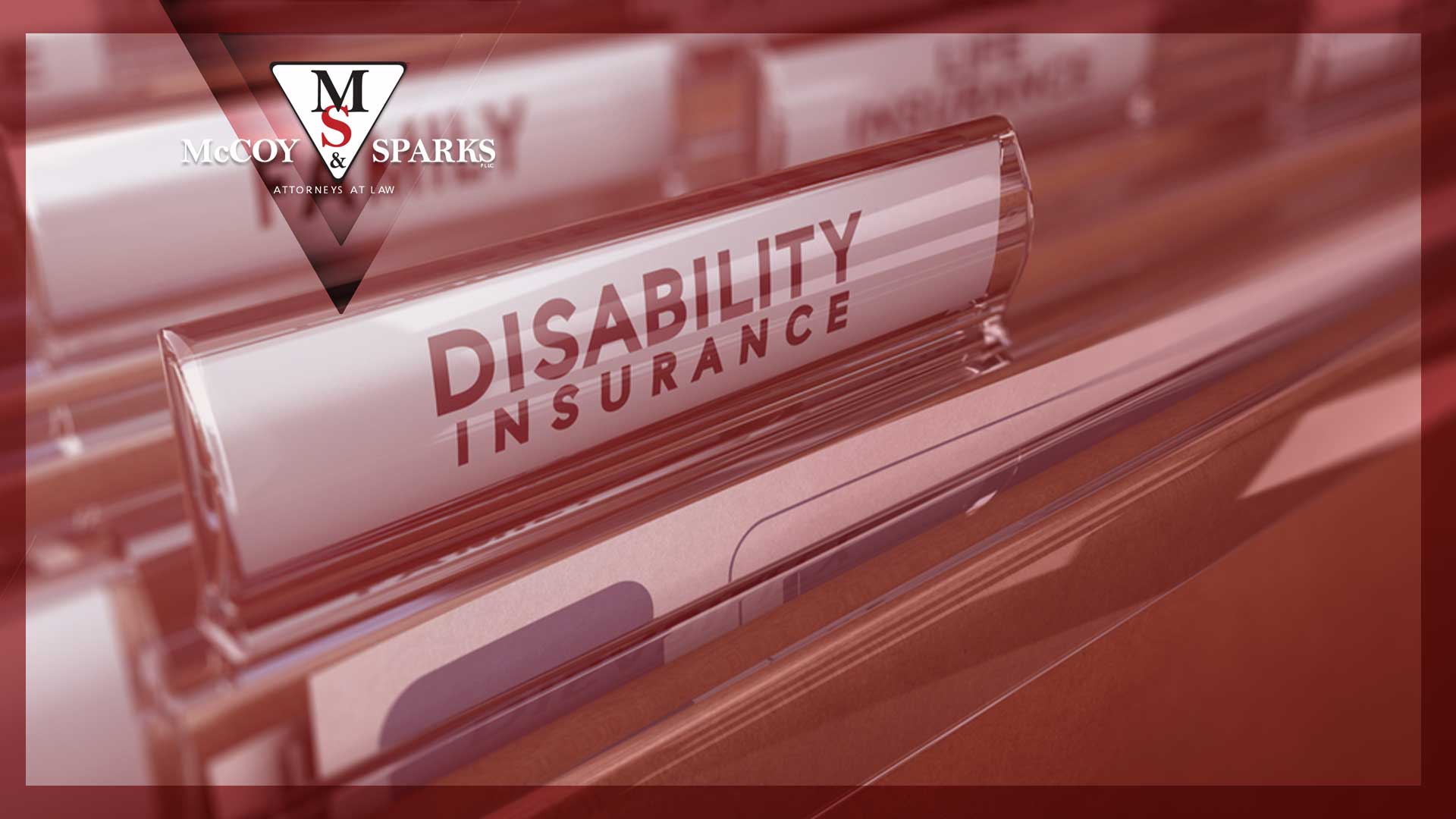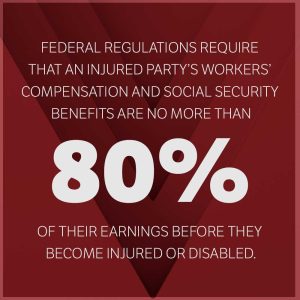
Navigating the murky waters of government benefits can be daunting on even your best days. But when you’re injured and become disabled due to a work-related accident, the stress and pain you’re under makes figuring out social security benefits and workers’ compensation even more overwhelming.
Whether you are the injured party or a family member, what you need now is clarity. In this article, we will clarify your eligibility when it comes to these two benefits to ensure you are maximizing the financial assistance available to you.
Can I Get Social Security Disability After a Work-Related Injury?
If your work-related injury or disability is permanent and disabling, your injury will very quickly result in substantial medical and financial problems. If we have clients who have suffered a serious, catastrophic work injury, or one that we expect will result in permanent work restrictions that prevent them from returning to work, we always encourage them to apply for Social Security Disability benefits.

Even if you receive permanent total disability benefits from your workers’ compensation claim, you may still be eligible for additional monetary benefits from Social Security. In fact, even if you are only eligible for permanent partial disability benefits and are not totally disabled due to your work injury, you may still be considered disabled under Social Security’s criteria, which can consider things outside of your work-related injury and restrictions, such as pre-existing conditions or other health issues that limit your ability to work.
Keep in mind that permanent partial disability benefits are only paid over a 425 or 520 week period, whereas Social Security Disability benefits could continue through your Social Security retirement age.
If recovery from your injury is going to last longer than 12 months, our office generally recommends that you apply for Social Security benefits to help you through that journey to recovery.
How Will Benefits Payments Work?
One important thing to note is that if you do receive Social Security benefits in addition to workers’ compensation, your Social Security payments could be reduced depending on the amount of your workers’ compensation benefits. This is true regardless of whether your workers’ compensation settlement is paid in a lump sum or in periodic payments.

Social Security regulations require that an injured party’s combined workers’ compensation and Social Security benefits are no more than 80% of their average cumulative earnings, which are calculated based on their wages for the years before they become injured or disabled. If the amount paid to an injured worker between the workers’ compensation and Social Security benefits combined exceeds that amount, then the Social Security benefits are reduced dollar-for-dollar by the excess amount.
These types of benefits can quickly become confusing. That’s why it may be in your best interest to consult an experienced workers compensation lawyer to help you get the best outcome possible for your situation. An experienced workers’ compensation attorney can calculate what that offset might be and ensure that the settlement agreement in your claim is clear so as to minimize that reduction in Social Security benefits, or avoid it altogether.
Does Workers’ Comp Affect Social Security Retirement Benefits?
If you suffer a workplace injury and are receiving workers’ compensation, depending on your age, you may be eligible to retire and receive Social Security retirement benefits as well. If you are receiving Social Security retirement benefits, there is no offset for your workers’ compensation settlement. However, choosing to retire is something you should carefully consider because it may appear that you have chosen to leave the workforce as opposed to being forced to leave the workforce due to your injury. If your injury leaves you in a position where you cannot work anymore and you are forced to retire, you can receive both workers’ compensation and retirement from Social Security but it may help to consult an attorney to understand how that decision may impact your Workers’ Compensation claim. .
McCoy & Sparks–Kentucky Workers Compensation Lawyers
Coordinating benefits between SSDI and workers’ compensation can be tricky and complex. That’s why we recommend you get the help you need from McCoy and Sparks. Our attorneys have years of experience navigating these channels of financial assistance and can help you get the most from your benefits. Contact us today or call us at 844-459-9467 to speak to someone ready to help you find peace of mind, knowing your financial future is secure.

